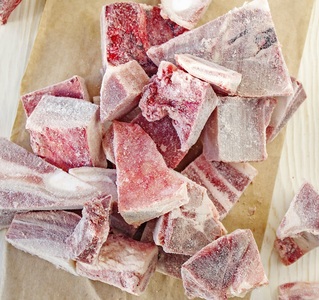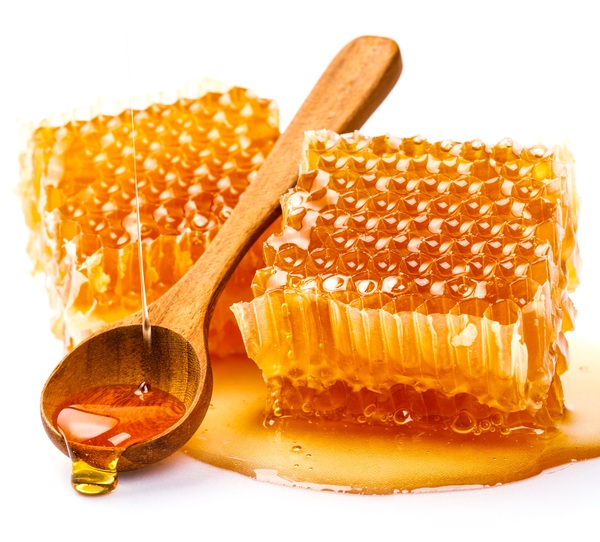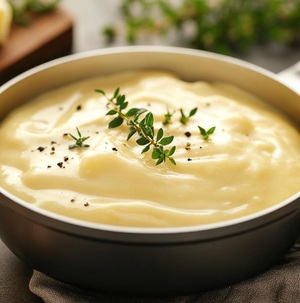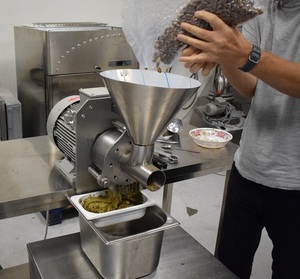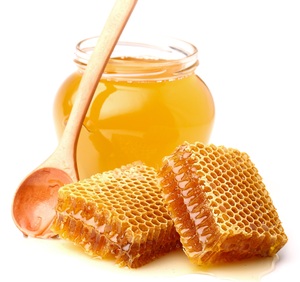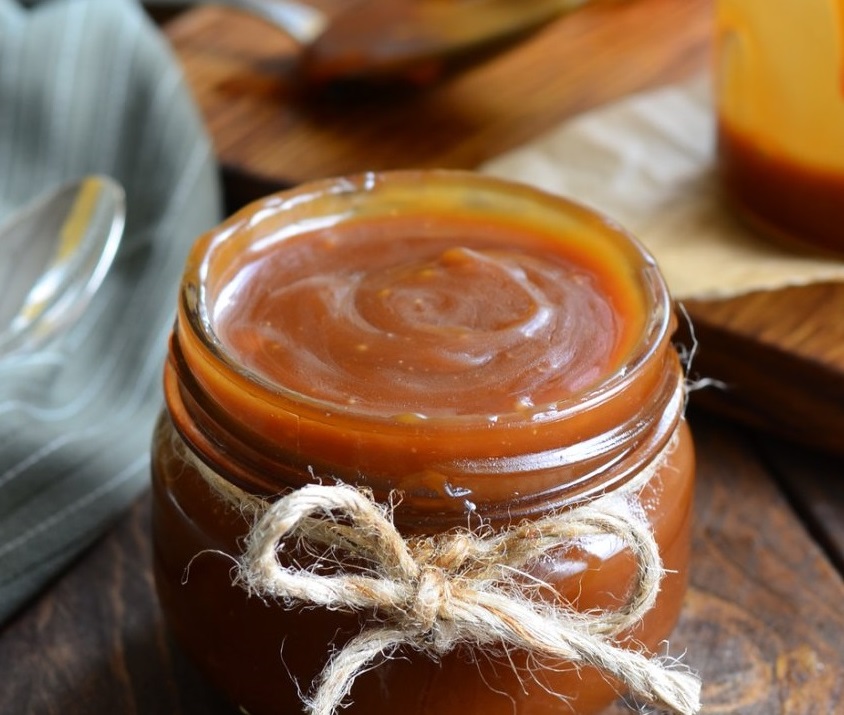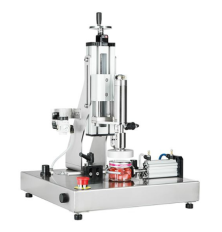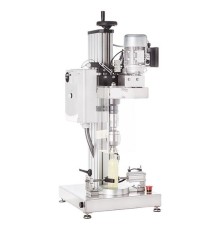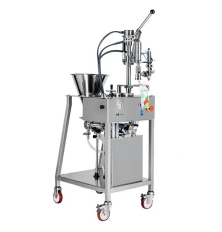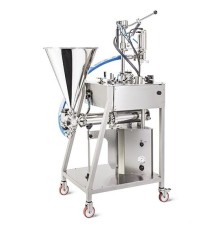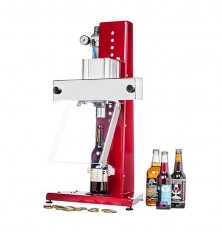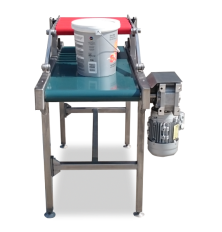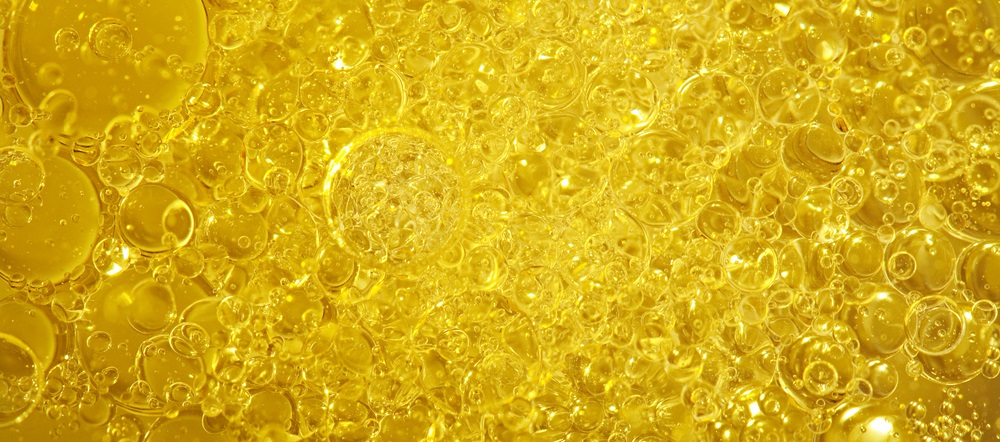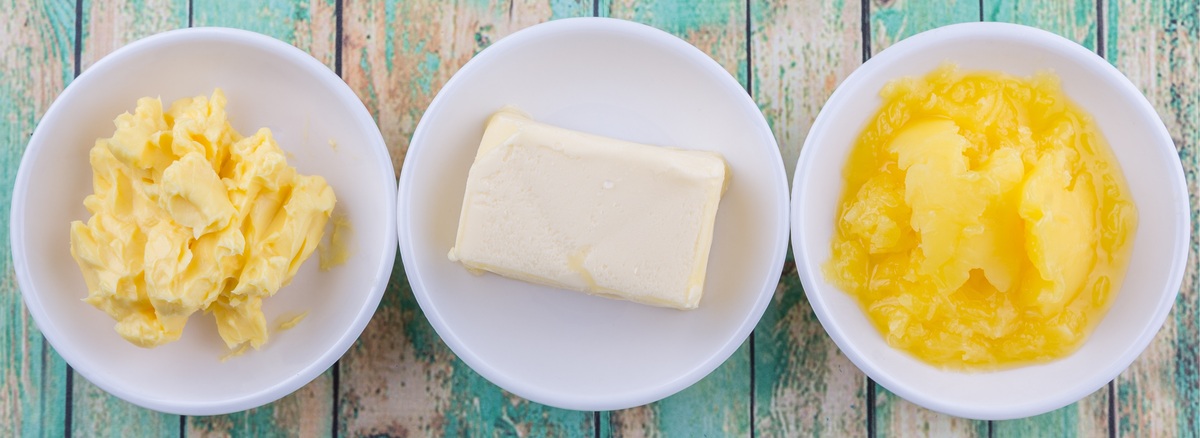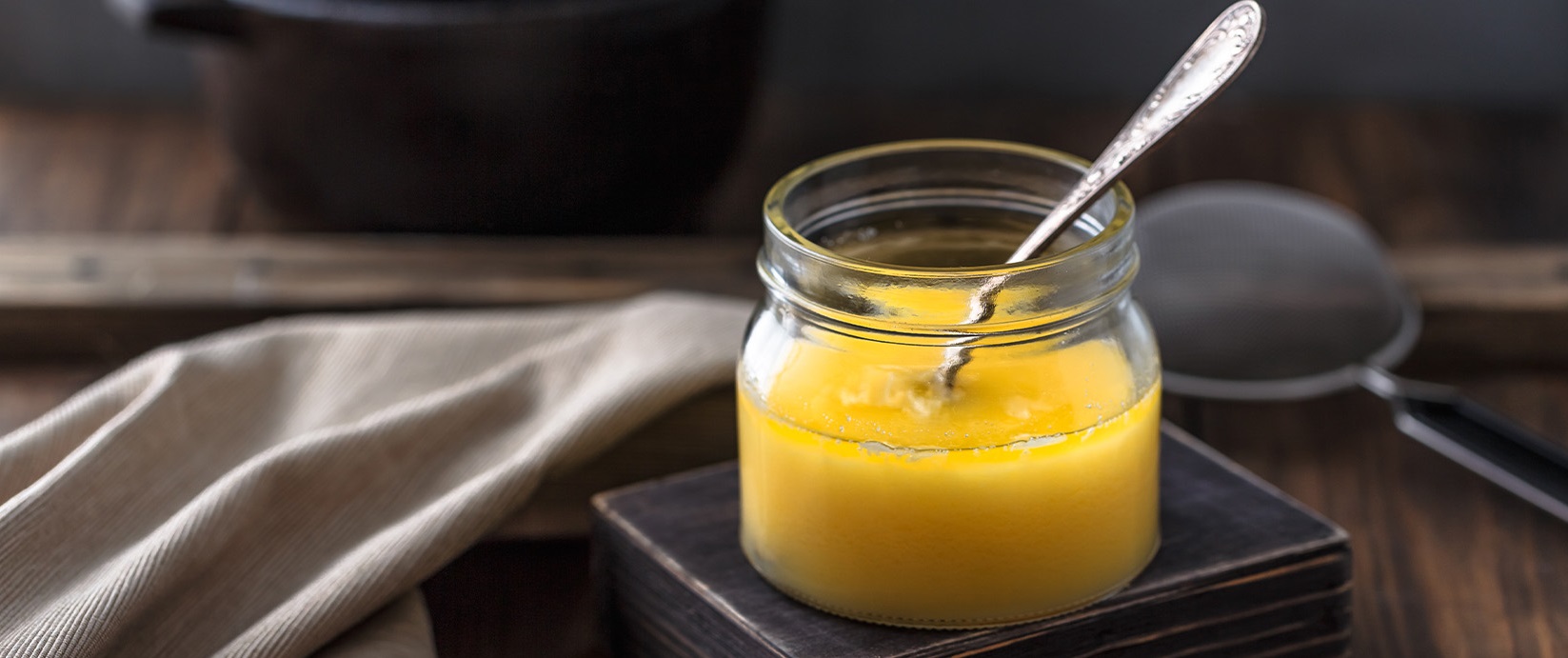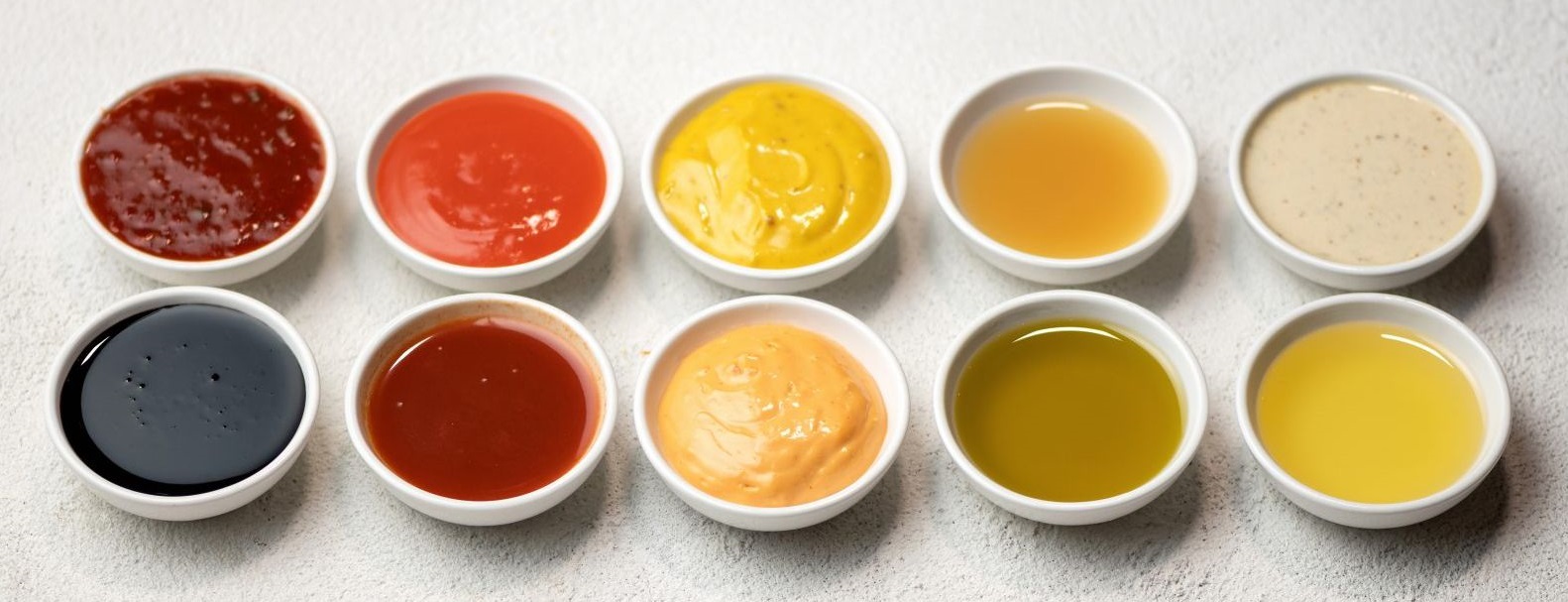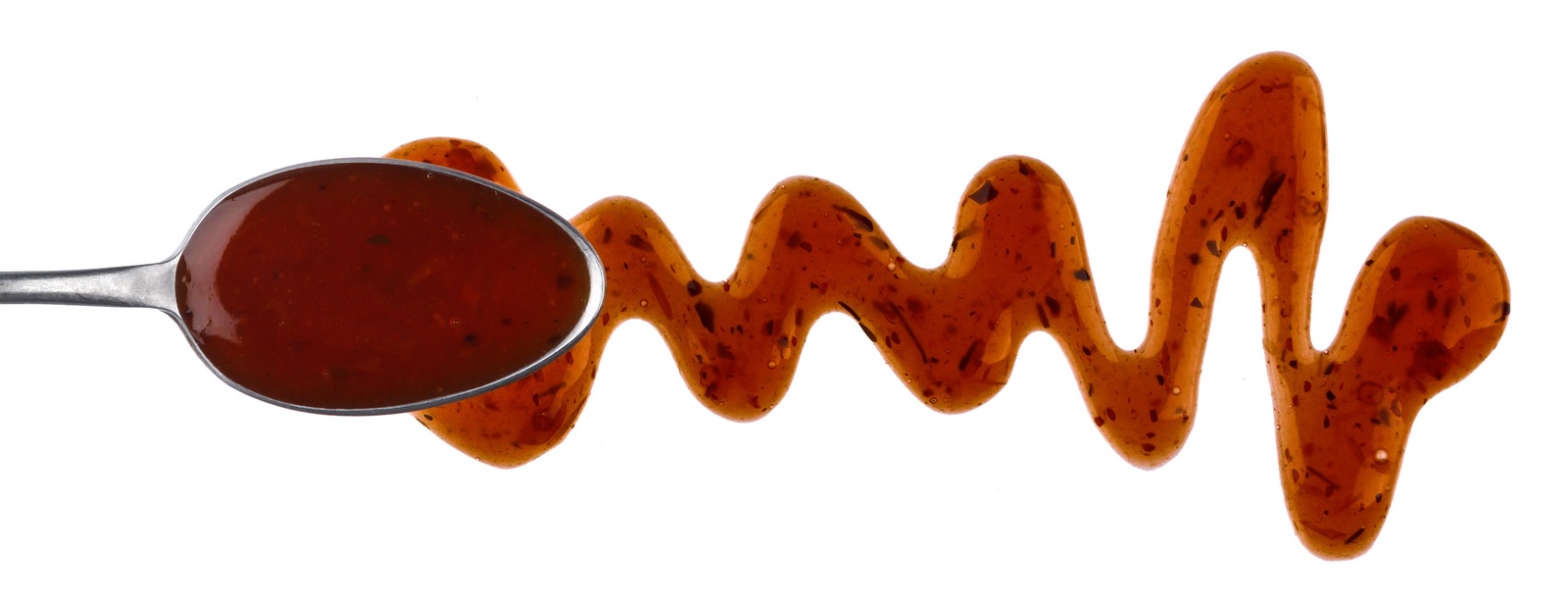CAPPING MACHINES
Capping machines are used to┬Āensure secure seals for product integrity
Capping machines in the food packaging industry securely seal containers with caps and lids to maintain the freshness and integrity of food products during transport and storage. This guide explores the operational principles of capping machines, their significance, and their applications in modern food packaging lines and production facilities.
What are capping machines?
Capping machines are devices designed to securely seal various types of containers by automatically applying lids to buckets and jars or caps to bottles. This ensures that products remain protected from external elements, such as air, moisture, and contaminants, which could compromise their quality over time.
Variety and mechanisms of capping systems
Capping machines offer an array of options to accommodate various packaging requirements. They are available in automatic and semi-automatic models, with rotary or linear configurations, making them adaptable to different production scales and container types. Common types include screw cappers, snap cappers, and induction sealers.
Product integrity during storage
The main goal of capping machines is to maintain product integrity during storage. Capping machines ensure that containers are sealed hermetically, guarding the contents against degradation caused by external factors. This is especially vital for products with extended shelf lives, where even the slightest compromise could lead to financial losses and consumer dissatisfaction.
Applications during packaging
Capping machines are used across a multitude of industries and product categories:
- Beverages: In the beverage industry, capping machines guarantee the perfect seal for bottled water, soft drinks, juices, and more.
- Pharmaceuticals: These machines play a critical role in pharmaceutical packaging, where product integrity is paramount.
- Food Products: From sauces and condiments to dairy products, capping machines preserve flavors and freshness.
- Cosmetics: In the cosmetics industry, capping machines maintain the purity of skincare and beauty products.
- Chemicals: Hazardous substances are securely sealed using capping machines, minimizing risks during transportation and storage.
Advantages of capping machines
- Efficiency: Capping machines automate the packaging processes, optimizing production lines.
- Consistency: The precision of capping machines ensures uniform sealing across every container.
- Product Safety: Hermetic sealing shields products from contaminants, safeguarding consumer health.
- Enhanced Presentation: Properly sealed containers enhance product presentation and consumer trust.
Investing in the right packaging equipment
As a leader in food processing solutions, FoodTechProcess offers different capping machines each tailored to meet specific requirements of the food and other industries. Capping machines provide a reliable seal, increase the efficiency of production lines, and provides consistent results, allowing manufacturers to deliver quality products to their consumers.
Pneumatic capping machine suitable for closing twist off, snap on or plastic screw caps.
- Productivity: 500-600 psc/h
- Country of origin: EU
This head capping machine has a magnetic clutch, ribbed spindle. It is semi-automatic and closes bottles or jars with PFP aluminum caps, twist off caps or plastic screws. The price depends on the cap, product you are filling, and capacity.
Price depends on the lid, the product you are filling, and the container.
- Productivity: 400-700 psc/h
- Material: Stainless steel
- Principle of operation: Continuous mode
- Voltage: 220-230V
Filling and capping machine designed for the filling and capping of liquid or semi-liquid products into flexible doypack bags with a spout.
- Material: Stainless steel
- Voltage: 220-230V
Semi-automatic dosing machine, designed for filling and capping different spouted pouches with various liquids.
- Material: Stainless steel
- Operation mode: Semi-automatic
Semi automatic packaging machine for filling and capping jars.
- Material: Stainless steel
Pneumatic capper PTC applies crown caps to beer bottles, cork caps on wine bottles, snap-on caps on other containers in just a matter of seconds.
- Productivity: 400 bottles/ h
- Principle of operation: Continuous mode
- Type of the equipment: Individual machine
- Country of origin: EU
- Weight: 25 kg
The CSM conveyor is designed for closing the lids on buckets filled with food products (HORECA packaging and wholesale packaging) as well as non-food products such as paints and other products in the chemical and other industries.
- Material: Stainless steel
- Principle of operation: Continuous mode
- Country of origin: Slovakia












